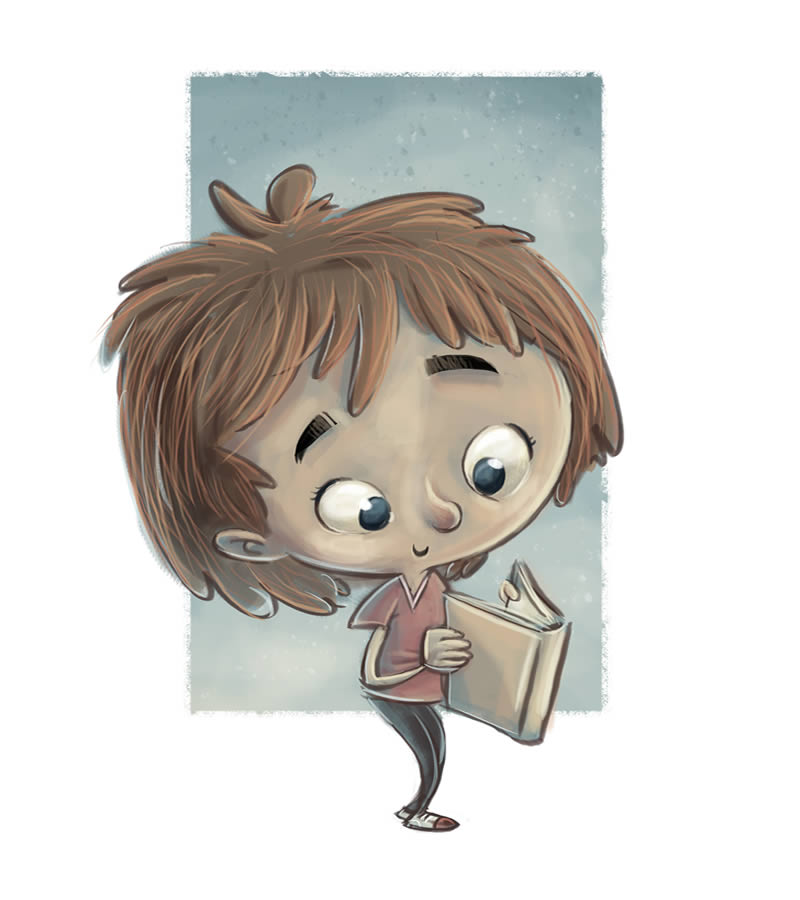During the last decades the concept of “literacy” has acquired a leading role in early education. In the past, literacy experts rarely viewed literacy as an essential aspect of healthy growth and development in young children.
With the beginning of reading a new stage in their lives begins. Reading is perhaps the cognitive resource by nature, it not only provides information, but also trains the child, creating habits of reflection, analysis, effort, concentration; in addition to entertaining and helping escape. The child who reads well will have an easier time mastering the techniques that will allow him to express himself in writing, which is one of the most complex tasks because it involves the acquisition of written code, which requires a certain degree of intellectual development.
Here are some of the reasons why both reading and writing are so important to children in primary education:
Why is literacy important?
- Reading develops and improves language, increasing vocabulary and improving spelling thanks to visual retention.
- Reading we meet characters that will be worthy of admiration, as well as others that we will question; one enjoys and suffers; it is the perfect mirror of life in which children learn to know themselves and others, inevitably maturing and growing.
- It is a unique intellectual tool , since it mobilizes mental functions, sharpening intelligence and reflecting on school performance.
- It is a source of knowledge and information , even if we don’t want to, when you read you learn.
- It makes it possible to approach customs and distant histories in space or time, which would otherwise be impossible to access, thus broadening the mental horizon.
- It sparks curiosity as well as new hobbies and interests in your life.
- Increase your critical spirit and judgment.

- It promotes effort because reading is never passive, it requires an attitude of will in which the reader becomes part of the text.
- Stimulates attention span and forces concentration.
- It develops creativity and fantasy , as well as imagination, as the child, while reading, feels the story come to life in his head with all kinds of details.
- By reading the right books, the positive values that the little one begins to know are fostered.
- Reading entertains , relaxes and is a lifelong hobby that can be practiced in any time, place, age and situation, and that will always bring us happiness.
- Writing allows children to keep their thoughts and feelings, their stories and experiences forever.
- Writing is an escape valve, a way of shaping feelings when we don’t know exactly what we feel or why. A journal, for example, is a perfect way to channel your child’s everyday experiences.
- While the child writes, he plays with words, learning to express himself and developing his visual memory .
- Like reading, writing also encourages concentration and will , which is undoubtedly very positive for the child’s evolution as it turns him into a thoughtful, calmer person with a capacity for abstraction.
In these times when people communicate mainly by messages through mobile phones or social networks, special emphasis must be placed on reading and, above all, writing correctly because it is essential to organize and transmit their thoughts and ideas in a thoughtful. “Think before you speak”, today it could well be “read and write well before expressing yourself.












































































































Recent Comments